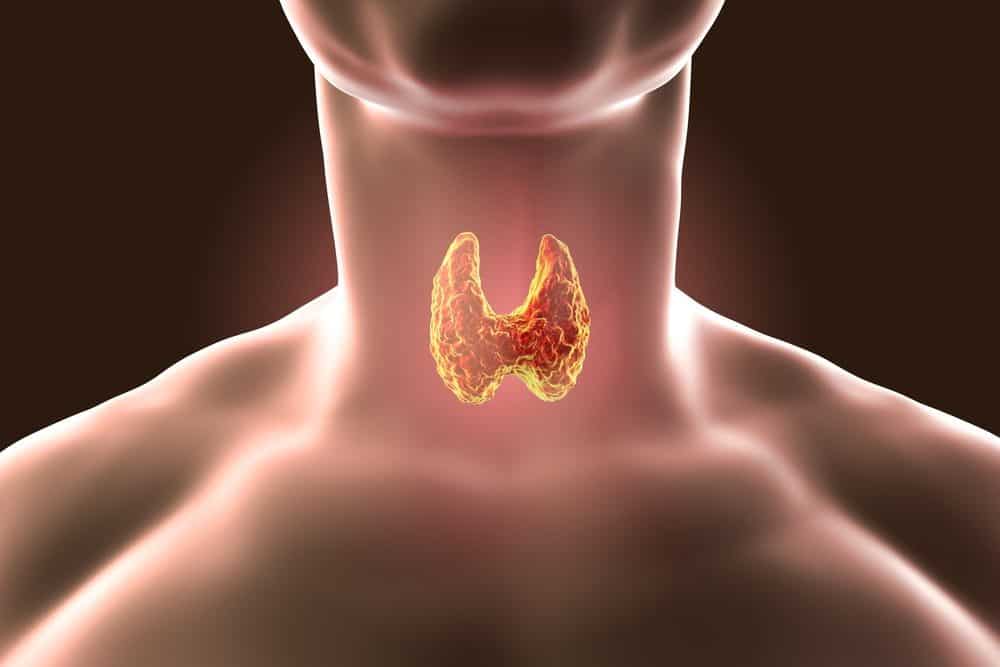
Your thyroid is a gland that can be found in your neck, and it releases hormones that can affect your heart rate and body temperature. A lot of people go through life with no problems with their thyroid whatsoever, but many have overactive and underactive thyroids that can go undetected for years. When your thyroid is overactive, it can lead to quick weight loss as it speeds up your metabolism and can also be responsible for an irregular heartbeat. Most of the time, this issue won’t be severe, but it is important to identify whether or not you have hyperthyroidism as it can cause more serious problems if you’re not careful. Below are four typical signs that you have an overactive thyroid.
-
Swelling in Your Neck
Swelling can be a symptom of many things, including muscular inflammation, but if you do notice swelling in your neck, it could be due to an enlarged thyroid gland. If you have noticed the swelling recently and it has not gone away after a few days, you should see your doctor for further inspection. It could be due to something else, but it’s always worth getting any swelling looked at if it doesn’t clear up on its own, especially if it is tender or painful.
-
Fatigue and Weakness
Again, a lot of things can cause you to feel fatigued; even a stressful week can take it out of you! However, if you are always feeling tired or exhausted no matter what you try (such as getting enough sleep, coffee, eating right, etc.), this isn’t normal. Sometimes fatigue can be due to low B-12 or Iron levels in your body, but an overactive thyroid could be the culprit. If you want to take a test at home before seeing a doctor, you can order a TSH blood test to do at home that can give you an indication of what your thyroid hormone levels are like.
-
Mood Swings and Irritability
Another indicator that you might have an overactive thyroid is your mood. If you are finding yourself suffering from mood swings or irritability, it could be because of the rapid hormone changes that your thyroid is creating. This can result in waves of changing emotions, which can be frustrating if you can’t identify any other issue that could be causing this, such as pregnancy or external events in your life that could be making you feel stressed or unhappy. You might also experience feelings of anxiety more often than usual as well.
-
Difficulty Sleeping
If you are struggling to sleep, this will be what is contributing to your feelings of exhaustion. This is linked to how your thyroid is affecting your metabolism, and this can interrupt your sleep cycle. If you have noticed that you’re feeling more tired lately, try to take note of what your sleep cycle is like and how often you are waking up at night or how long it takes you to get to sleep.
All of these symptoms could be indicators of other health issues, but if you are experiencing all of these together, then it’s likely that you do have hyperthyroidism. If you suspect that this might be the case, make an appointment with your doctor for further tests and to get the correct treatment.




